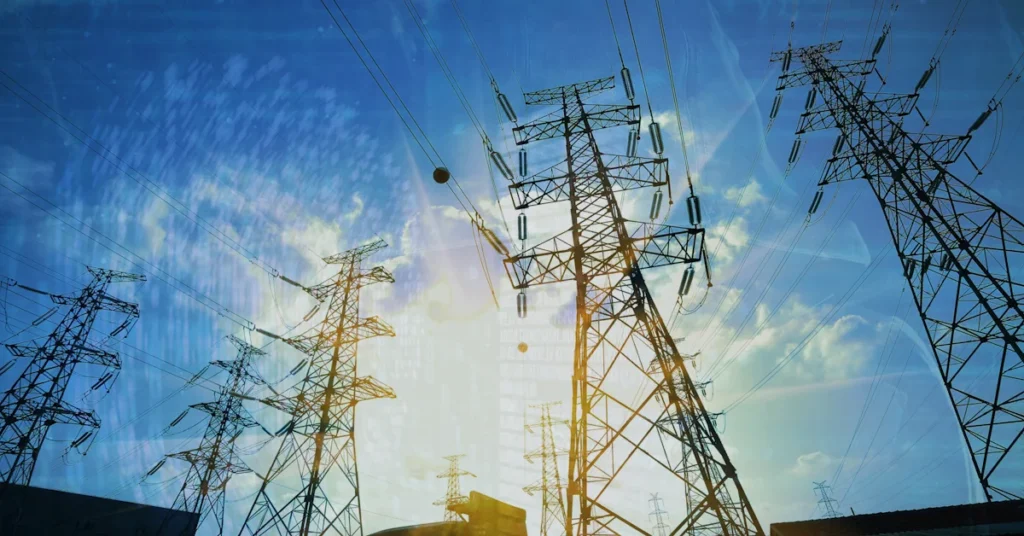Two U.S. Senators have introduced legislation designed to deepen cybersecurity collaboration within the nation’s energy infrastructure. The proposed measure seeks to formalize and expand the role of the Department of Energy’s Energy Threat Analysis Center in facilitating cross-sector threat intelligence exchange.
Titled ‘Energy Threat Analysis Program Act,’ the bipartisan legislative effort if enacted would authorize the Center to serve as a strategic conduit for cyber threat assessments and mitigation strategies, coordinating efforts among the Department of Energy (DOE), the Cybersecurity and Infrastructure Security Agency (CISA), the intelligence community, and private-sector energy operators.
Introduced by Jim Risch, a Republican from Idaho, and John Hickenlooper, a Democrat from Colorado, the bill reflects growing concerns in Washington over the fragmented nature of cyber threat reporting and the operational blind spots it can create, particularly in sectors deemed critical to national security. By institutionalizing more integrated information flows, lawmakers aim to equip energy providers with earlier warnings and more actionable insights to defend against increasingly sophisticated and persistent cyber threats.
“Increased risk of cyberattacks requires more diligent information sharing to effectively monitor and mitigate threats to America’s energy sector,” Risch said in a recent media statement. “Idaho is already leading the way in combatting cyber threats through the Idaho National Lab. My Energy Threat Analysis Program Act will support these efforts and better protect the U.S. from future cyberattacks.”
“Our national security depends on a resilient and secure energy grid,” said Hickenlooper. “We need to address our vulnerabilities and modernize our grid to protect our energy future.”
Earlier this month, the World Economic Forum (WEF) recognized that the widespread blackout across Spain and Portugal intensified concerns over critical infrastructure vulnerabilities, with early speculation from officials and experts raising the possibility of a cyberattack. The Iberian blackout highlights growing fears about the resilience of national power grids in the face of evolving cyber threats.

